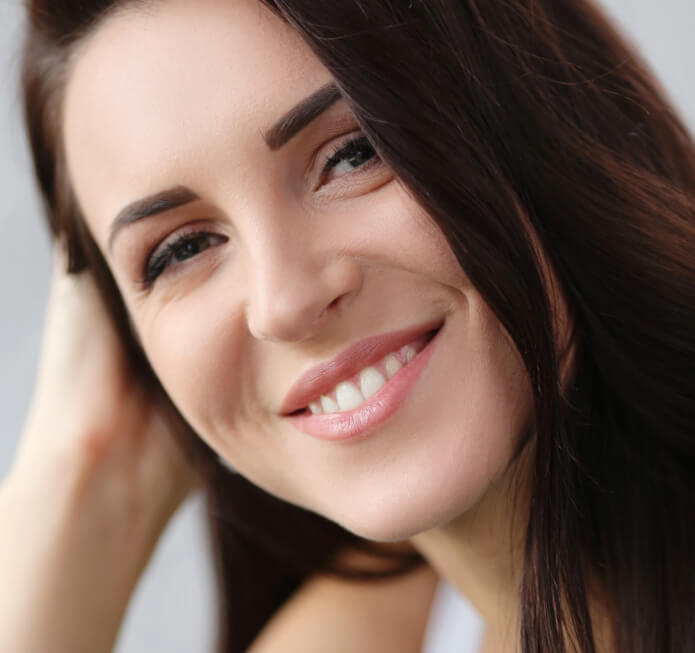Frequently Asked Questions
Does Botox For Bruxism Cause Any Side Effects?
While Botox is generally safe for most people, it can lead to a few side effects. After a Botox session, you may have pain or soreness at the injection site; you may also see some swelling and bruising in these areas. You might develop a headache after injections and fatigue or flu-like symptoms. Fortunately, all of these side effects are usually mild and temporary, resolving on their own after several days. The best way to avoid any adverse reactions from Botox for bruxism is to seek treatments from qualified injectors with lots of experience and hands-on training in the field of cosmetic procedures,
Do Botox For Bruxism Injections Hurt?
One of the many benefits of Botox injections is that they are a painless treatment option. The needles for Botox injections are much smaller than some needles, allowing for precision and limiting the possibility of pain during injections. Tiny needles, plus a short treatment time of no more than half an hour, help keep you comfortable and relaxed during your session. If you’re still concerned about pain, you can ask your injector for a topical anesthetic to numb the treatment area and prevent any discomfort while receiving injections.
How Long Does It Take To See Results?
The time it takes to see results from a Botox for bruxism session will vary from patient to patient. Some people may notice results in just a few days, while others may have to wait one to two weeks to feel a difference. Many patients have noticeable results around one month after their initial Botox for bruxism session.
What Not To Do After Getting Masseter Botox?
There may be a few things you’ll need to avoid to get the best results from your Botox for bruxism session. You shouldn’t touch or rub your face for a few days after your injections since this can cause Botox to spread and be less effective. The same goes for exercise–if you’re too active too quickly, your results may not be as good. Lying down isn’t recommended for several hours after your injections, and you should avoid heat exposure for a few days (hot baths, saunas, etc.). Smoking and alcohol can also lead to less-than-ideal results. Don’t use makeup for at least a day after your injection session to prevent infection or irritation.
Can You Still Clench Your Jaw After Masseter Botox?
While Botox will cause your masseter muscles to be at rest and not allow them to contract involuntarily, you can still move them freely and clench your teeth. If you don’t receive too much Botox, you can still voluntarily contract your muscles and clench your jaw after Botox injections. The best way to make sure you don’t get too much medicine is to choose a skilled and experienced injector for your Botox session.




